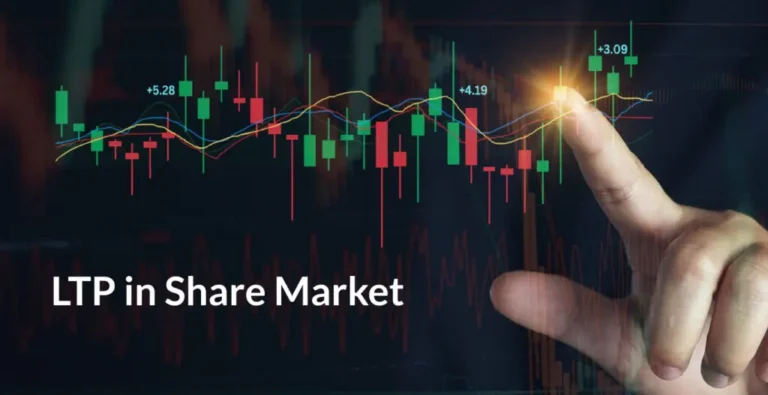
Table of Content
In the fast-paced world of stock trading, the Last Traded Price (LTP) is an important number. It shows the most recent price at which a stock was bought or sold, which gives you a real-time look at how the market is doing.
LTP meaning in stock market is the price at which the last trade of a stock took place. It keeps changing during market hours and is a place for traders and investors to look up information.
There is no formula for calculating LTP; it is just the price of the last trade. For instance, if a buyer and seller agree to trade a stock for ₹350, that is the LTP share price at which the stock was traded until the next trade.
LTP in the stock market is a real-time indicator, but it can also affect price trends in general. If the LTP goes up, it could mean that the market is getting stronger, and if it goes down, it could mean that there is pressure to sell.
LTP is something that traders often use to:
Anyone who wants to trade stocks needs to know what ltp means. It’s not just a number; it’s a way to check the market and see how investors are acting.
People often call LTP the market price, but it changes with every trade.
LTP is more useful for day trading, but it can also help long-term investors find trends.
Because it updates with every trade, even small ones can change the LTP.
You can see LTP on stock exchange websites, trading platforms, or financial apps.
Not directly, but it shows how the market sees things, which can change over time.
![]() IIFL Customer Care Number
IIFL Customer Care Number
(Gold/NCD/NBFC/Insurance/NPS)
1860-267-3000 / 7039-050-000
![]() IIFL Capital Services Support WhatsApp Number
IIFL Capital Services Support WhatsApp Number
+91 9892691696
IIFL Capital Services Limited - Stock Broker SEBI Regn. No: INZ000164132, PMS SEBI Regn. No: INP000002213,IA SEBI Regn. No: INA000000623, SEBI RA Regn. No: INH000000248, DP SEBI Reg. No. IN-DP-185-2016, BSE Enlistment Number (RA): 5016
ARN NO : 47791 (AMFI Registered Mutual Fund & Specialized Investment Fund Distributor), PFRDA Reg. No. PoP 20092018

This Certificate Demonstrates That IIFL As An Organization Has Defined And Put In Place Best-Practice Information Security Processes.